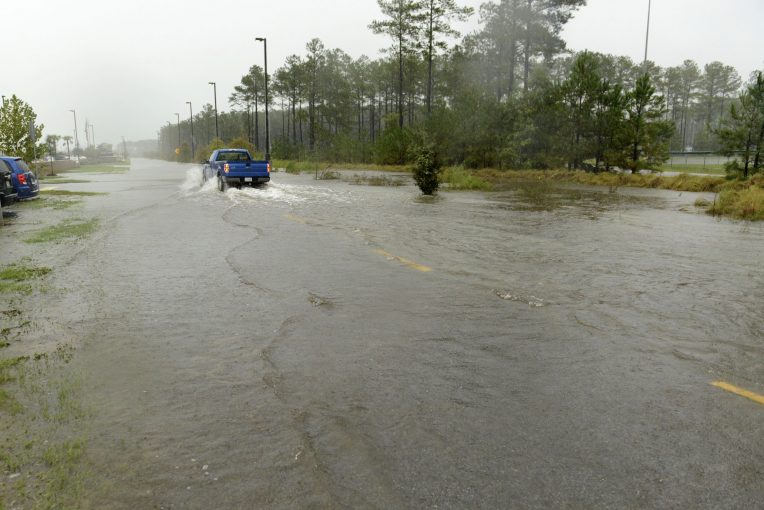
At present, Semarang City has entered a demographic bonus, namely the phenomenon of the abundance of the population of productive age significantly. In order not to turn into a demographic disaster, the management and utilization of demographic bonuses must be immediately carried out, particularly in the involvement of young people in various activities, including their involvement in responding to tidal flood problems in the Pantura Line in Semarang City, which has not yet been resolved. Their involvement is very important because their position is relatively free from political interests so that they can do various smart and innovative things in presenting and communicating the strategic steps that will be taken to help solve the problem of tidal flooding.
Moreover, if we look at trends in disaster management studies that develop over time. The assessment of disaster management in the millennial era focuses a lot on the importance of the role of civil society because of the limited capacity of the state (Adger et. Al., 2005; Aldrich, 2008; Patterson, et. Al., 2010; Akeyo, 2010). In fact, in the past four years, studies of digital transformation in disaster management have also become a new trend among the younger generation (Houston, et. Al., 2014; De Albuquerque, 2015). For this reason, this research positions itself as a political study of the role of civil society, especially among the millennial generation, who are familiar with the digital world and part of Indonesia’s surplus demography to respond to disasters.
With this in mind, this research is in line with Gadjah Mada University’s Research and Priority Research Policy 2010-2020; 2012-2017 University Master Plan (RIP) of Gadjah Mada University; and national research priorities, especially Social Humanities, Disaster, and Maritime Affairs, which are the actual issues as stated in the 2017-2045 National Research Master Plan (RIRN).
The long-term goal of the study by Theresia Octastefani, M.AP, Wawan Mas’udi, Ph.D, and Muhammad Rum, IMAS from the 2018 Research Lecturers’ Capacity Building Grant Program is to produce the next generation of Semarang City who are able to become change actors as well as a resilient community that is literate in information technology so that it can create a variety of smart and creative works; and has a fast and responsive capacity to contribute and be involved in efforts to tackle tidal floods. The specific purpose of this study is the integration of the spirit of the youth of Semarang City with the local government program in resolving the problem of tidal flooding so that the resolution of the tidal flood problem becomes the common interest of all relevant parties. Another specific goal to be achieved is the establishment of cooperation in the form of joint publications between the Research Team and the related collaborative partners. To get a comprehensive understanding, the research method used is a mix method, namely by presenting and analyzing data qualitatively and supported by quantitative data obtained through analysis of Social Network Analysis. The form of research output is in the form of a final report; draft national or international research journals; draft international seminar articles (oral presentation); and video.
